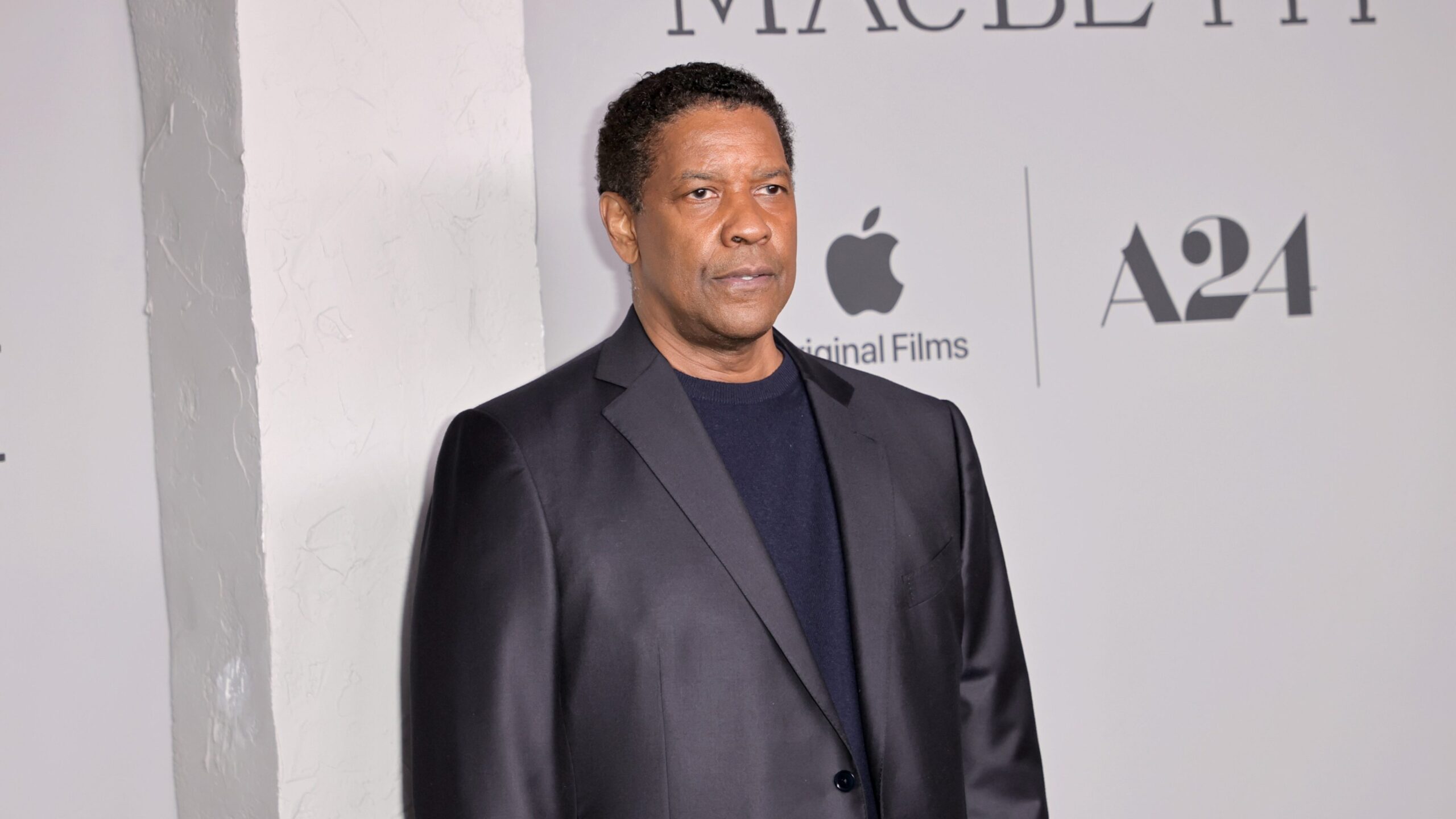WATCH FULL VIDEO BELOW:
In a landscape dominated by successful black men, such as Denzel Washington and Tyler Perry, the conversation about representation and opportunities for black artists in Hollywood is becoming increasingly complex. While both men have made significant strides in the industry, Washington’s recent comments about Perry have ignited a fierce debate over the impact of Perry’s work on the black community.
Washington’s criticism stems from his assertion that Tyler Perry creates a challenging work environment for actors. He has voiced concerns over Perry’s portrayal of black characters, claiming that they are often depicted in a negative or disrespectful light. This critique is significant, given Washington’s stature as a respected figure in Hollywood. His words carry weight, prompting discussions about whether Perry’s films and television shows genuinely benefit the black community or if they perpetuate harmful stereotypes.
The tension between these two cinematic heavyweights is not new. Washington’s reluctance to collaborate with Perry raises questions about a generational disconnect in how black stories are told on screen. Some argue that while Perry’s style and formula have garnered a loyal following, they also tend to oversimplify black experiences, often relying on outdated tropes.

Tyler Perry has undeniably built an empire from the ground up, transitioning from homelessness to owning a jet and a massive studio. However, his films often lack the presence of Hollywood’s elite black actors, such as Washington, Idris Elba, and Viola Davis. Critics suggest that Perry’s signature style may not appeal to actors seeking more nuanced and complex roles.
Spike Lee, a trailblazer in black cinema, has also criticized Perry’s work, labeling it as reinforcing negative stereotypes. Lee argues that while some may find Perry’s style entertaining, it often resorts to “coonery and buffoonery,” diluting the complexity of black narratives. This ongoing discourse raises the question of whether the black community is truly represented in Hollywood or if certain images are being perpetuated at the expense of authenticity.
While Perry argues that his productions create jobs for black actors and generate substantial revenue, critics counter that financial success does not justify the stereotypes often presented in his work. The comparison has been made to drug dealers who profit at the expense of their communities—just because some benefit from the money doesn’t mean the overall impact is positive.
The dynamics of representation and responsibility come into play as we examine Perry’s films, which frequently portray black women as suffering or bitter characters in dysfunctional relationships. Critics argue that this not only distorts the image of black women but also reinforces harmful stereotypes that have long plagued the community.

Behind the scenes, rumors of toxic work environments and pressure to adhere to specific religious practices have surfaced, adding to the scrutiny of Perry’s methods. While he claims to know his audience and delivers what they expect, many within the industry express concern over the creative process—or lack thereof—behind Perry’s projects.
Despite the criticism, Perry has maintained a dedicated fan base. His ability to tap into cultural familiarity has allowed him to resonate with many black viewers, who find elements of their lives reflected in his stories, albeit often in a distorted manner. However, the black community is multifaceted, and settling for Perry’s limited vision risks oversimplifying the richness of black experiences.
As the dialogue continues, voices within the community are calling for more diverse and authentic representations. This growing discontent suggests that the tide may be turning against a style of storytelling that prioritizes entertainment over authenticity. The industry is at a crossroads, with established artists like Washington pushing for a reexamination of the narratives being presented.
Ultimately, the conversation surrounding Tyler Perry and Denzel Washington reflects a broader struggle for representation in Hollywood. As the industry evolves, there is a pressing need for storytellers who capture the full spectrum of black experiences—joy, pain, triumph, and complexity—without succumbing to harmful stereotypes. The challenge lies in supporting those who dare to tell these stories authentically, advocating for a richer portrayal of the black community that goes beyond the limitations of any single narrative.